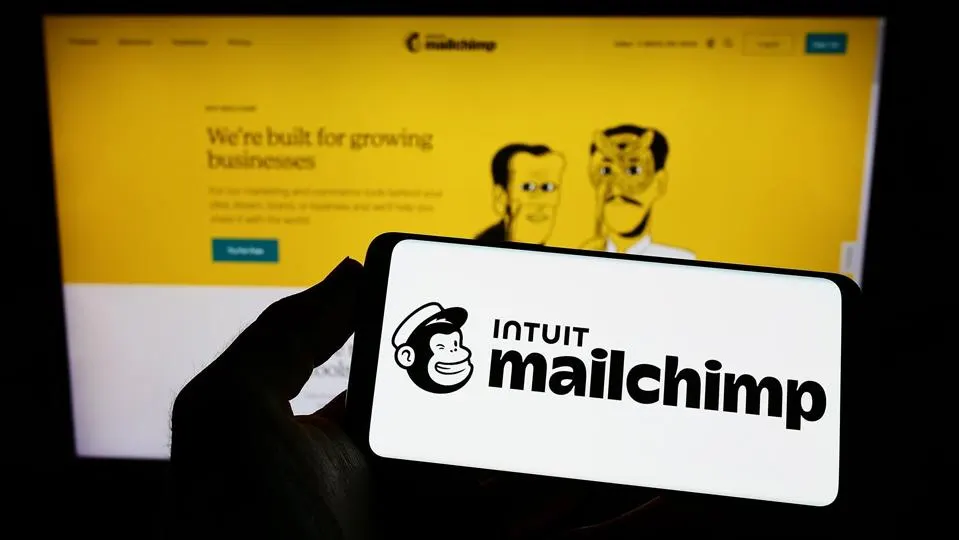How to Make AI Work in Your Organization
28 April 2023
As the world continues to embrace the transformative power of artificial intelligence, businesses of all sizes must find ways to effectively integrate this technology into their daily operations.
But successfully implementing AI can be a challenging task that requires strategic planning, adequate resources, and a commitment to innovation. Let’s explore the top strategies for making AI work in your organization so you can maximize its potential.

Identify Your Business Needs and Objectives
Before diving into the world of AI, identify your organization's specific needs and objectives.
What are your current processes? Where could AI streamline systems or add value for your customers or internal teams?
Consider using AI to automate repetitive or time-consuming tasks, improve decision-making, increase accuracy, or enhance customer experiences. Once you have a clear understanding of your business goals, you can align them with the potential benefits of AI so you can have a successful implementation.
Choose the Right AI Solution
There are a wide variety of AI solutions on the market — including chatbots, natural language process, machine learning, and deep learning — so choosing the right one for your organization is essential.
Start by researching different AI technologies and platforms, and evaluate each one based on factors like scalability, flexibility, and ease of integration. Assess each vendor’s reputation and support offerings, and find out if the solution is compatible with your existing infrastructure. Then select the solution that best suits your business needs.
Develop a Data Strategy
AI requires large amounts of data to learn and make predictions, so it's essential that you have a clear data strategy in place before implementing AI. Your data strategy should include the following:
● Defining what data you’ll need
● Identifying how you will get each type of data
● How you’ll collect, store, and access the data
● How you will adhere to data privacy regulations
● Who will be responsible for maintaining the data
● How you will leverage data analytics to gain insights and identify trends
Build Your AI Team
Assembling a skilled and diverse AI team is essential for successful AI implementation. Depending on the scope and complexity of your AI projects, your team may include data scientists, machine learning engineers, data engineers, and domain experts.
When building your AI team, consider both internal and external talent sources. This may involve upskilling or reskilling existing employees, hiring new talent, or partnering with AI consultancies or service providers.
Train Your AI Model
Once you have chosen the right AI solution and collected the data, it's time to train your AI model. This involves providing the model with a large, comprehensive dataset so the model can learn patterns and make informed predictions.
Be prepared to work with data scientists and AI experts to develop and fine-tune your model so it can deliver accurate and reliable results that align with your business objectives.
Integrate the AI Model Into Your Operations
Once your AI model is trained and tested, you can integrate it into your business operations. You may need to make changes to your existing systems and processes to incorporate the AI.
During the rollout, make your best effort to minimize disruptions to existing workflows. Engage with key stakeholders, provide training, and offer ongoing support to ensure a successful transition to AI-driven operations.
Monitor and Evaluate Performance
Once you’ve integrated the AI model, you’ll need to regularly monitor its performance to ensure it is working correctly and delivering expected outcomes.
Establish key performance indicators (KPIs) that align with your business objectives, so you can measure the impact of AI on your organization. Regularly analyze the results, identifying challenges and areas for potential improvement.
Continuous Improvement
AI models need to be continuously refined and improved over time. In fact, continuous improvement is the key to maintaining a competitive advantage in your business.
Be prepared to make adjustments and improvements to your AI model as your business needs evolve. Stay informed about advancements in AI technologies and methodologies, and consider how they can be applied to your organization.
Regularly reassess your data strategy and make adjustments to your AI solution so you can continue to deliver value and drive growth.
Related Articles
How Generative AI Will Change The Job Of Real Estate Agents
Real estate agents and other professionals in their industry are in the business of selling good old-fashioned solid bricks and mortar.[...]
How BCG Is Revolutionizing Consulting With AI: A Case Study
In a world where AI is transforming every sector, companies are constantly seeking ways to gain a competitive edge.[...]
The Biggest Education Trends Of The Next 10 Years
Education is changing rapidly. In today’s fast-moving world, a model where we graduate in our youth prepared for a lifelong career is simply no longer valid.[...]
Is This AI’s IPhone Moment?
Today, the term “iPhone moment” is frequently used to refer to a technology breaking through into the mainstream.[...]
AI Politicians: The Future Of Democracy Or A Threat To Freedom?
2024 is a big year for democracy, with over two billion of us voting in elections across the US, India, the EU, the UK and many other countries and territories.[...]
How Mailchimp Hopes To Build The End-To-End AI Solution For SMEs
I often write about AI's potential to transform any business. Yet, a question I frequently get from small businesses is, "Does that really include us?"[...]
Sign up to Stay in Touch!
Bernard Marr is a world-renowned futurist, influencer and thought leader in the fields of business and technology, with a passion for using technology for the good of humanity.
He is a best-selling author of over 20 books, writes a regular column for Forbes and advises and coaches many of the world’s best-known organisations.
He has a combined following of 4 million people across his social media channels and newsletters and was ranked by LinkedIn as one of the top 5 business influencers in the world.
Bernard’s latest book is ‘Generative AI in Practice’.










Social Media